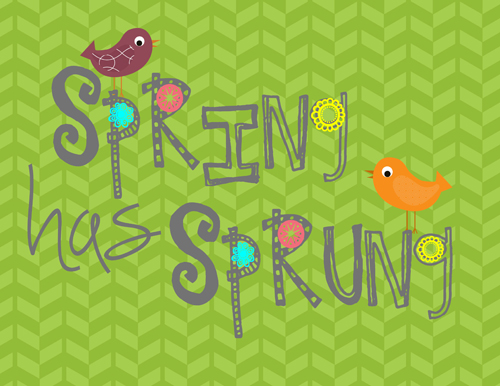Quick explanations with simple examples
First, what’s the benefit of knowing the parts of speech? Isn’t this just nerd language about language, irrelevant to daily life? Nope. Learning what words do and how to categorize them will result in:
- Clarity. When you learn the building blocks of language, just like place value and the decimal number system in math, you’ll be less confused. Language becomes more of a friend instead of a stumbling block.
- Confidence. Once you have the basics down, you’ll be sure of your ability to wield language and stand behind your words.
- Communication. Armed with this knowledge, you’ll write and speak more effectively.
- Connections. Understanding the foundations of your own language will enable you to identify correlations in other languages.
- Conquest. Nothing will stand in your way. You’ll slice your way through every obstacle using only words. All your dreams will come true.*
So, let’s get down to grammatical tacks.





 Have
Have 

